We all know that one person who appears to have it all together. They always seem to know just what to say and are comfortable with themselves. What you may not know is that this level of confidence is something that can be learned. Just like any other skill, confidence is something that you can get better at with practice.
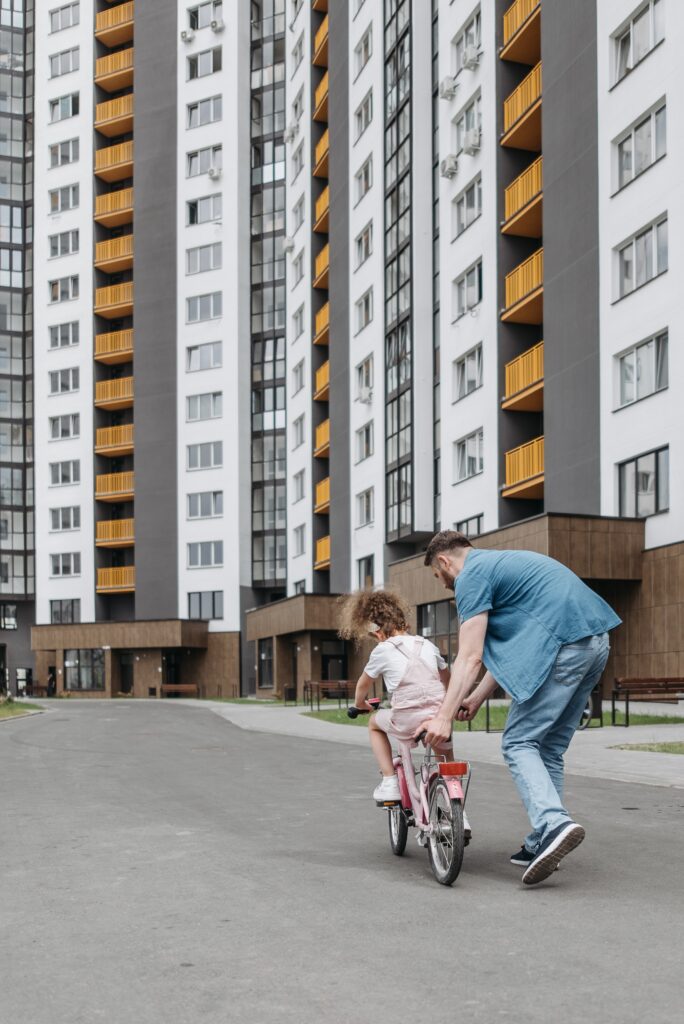
Starting to learn the skill of confidence
Everyone has the power to be confident and many different resources can help you. Confidence is a skill that can be learned and developed over time, but it’s important to take realistic, achievable steps forward.
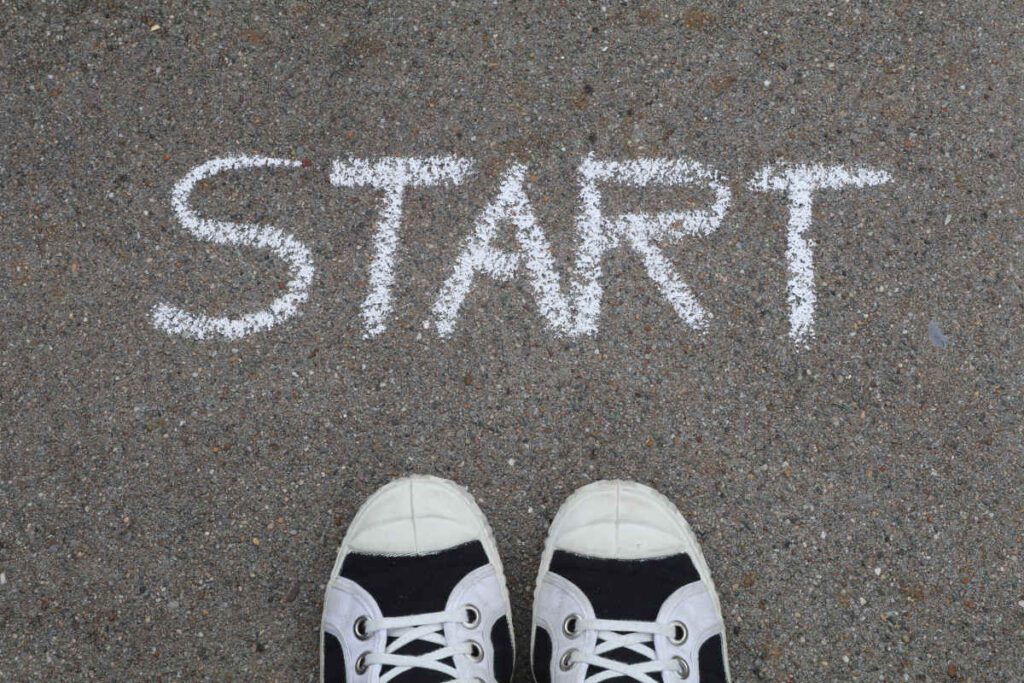
Start by believing in yourself and your potential. Remind yourself of the qualities you have and what makes you unique.
Acknowledge your successes and see all mistakes as learning opportunities.
It’s also helpful to find someone—a friend, family member, or mentor—you can trust and talk through any issues or doubts with on your journey toward greater self-belief; they’ll help keep your momentum going.
With consistent practice and achievable expectations for yourself, confidence will become second nature before you know it!
The skills you have successfully mastered already
Recalling past skills that you have mastered successfully can serve as an effective reminder of your capabilities and help you build confidence in your ability to learn new things.
Revisiting how you tackled past challenges can be a great motivator for taking on new skills and pushing through any doubts or roadblocks. It gives you a positive outlook when tackling new tasks, reminding you that if you put in the time and effort, you will gather the necessary skill set to reach your goals.
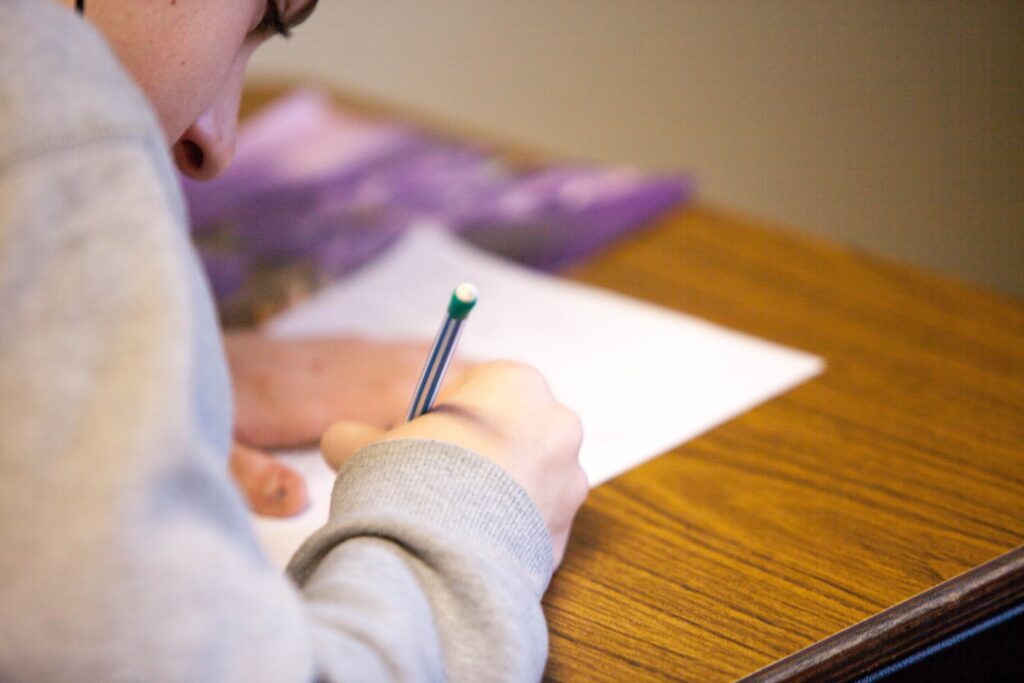
Not only does this approach make learning more enjoyable, but it builds up the confidence needed to tackle obstacles confidently to master a skill.
Set achievable confidence goals
Setting and achieving goals is a great way to boost your confidence and skill set. Having something tangible to work towards gives you purpose and helps keep you motivated as you progress.

Additionally, setting and achieving a goal serves as proof of your worth and can provide much-needed reassurance in times of doubt.
Setting achievable, incremental goals keeps us moving in the right direction while helping us build skills that contribute to our overall growth. Working towards these goals, no matter how small they may be, will create a sense of accomplishment which will contribute to building self-confidence over time.
Learn

Learning is essential to the development of confidence skills, and there are many resources available to help you do this. For example, attending seminars or workshops can help you develop new concepts and techniques. Reading books, blogs, or articles can provide an excellent source of knowledge.
Taking online courses allows for a more flexible approach to learning, as well as networking with other people who may have valuable insight into what you are aiming to achieve.
Finally, gaining real-world experience through taking on challenges or volunteer work helping others is also a great way to build up your confidence by actively practising and sharing your learning to reinforce it while building the evidence of it in action.
Practice confidence
Practice is essential to the development of confidence skills. It’s important to take advantage of every opportunity available, no matter how small, as this is what helps you to steadily grow and develop your abilities.
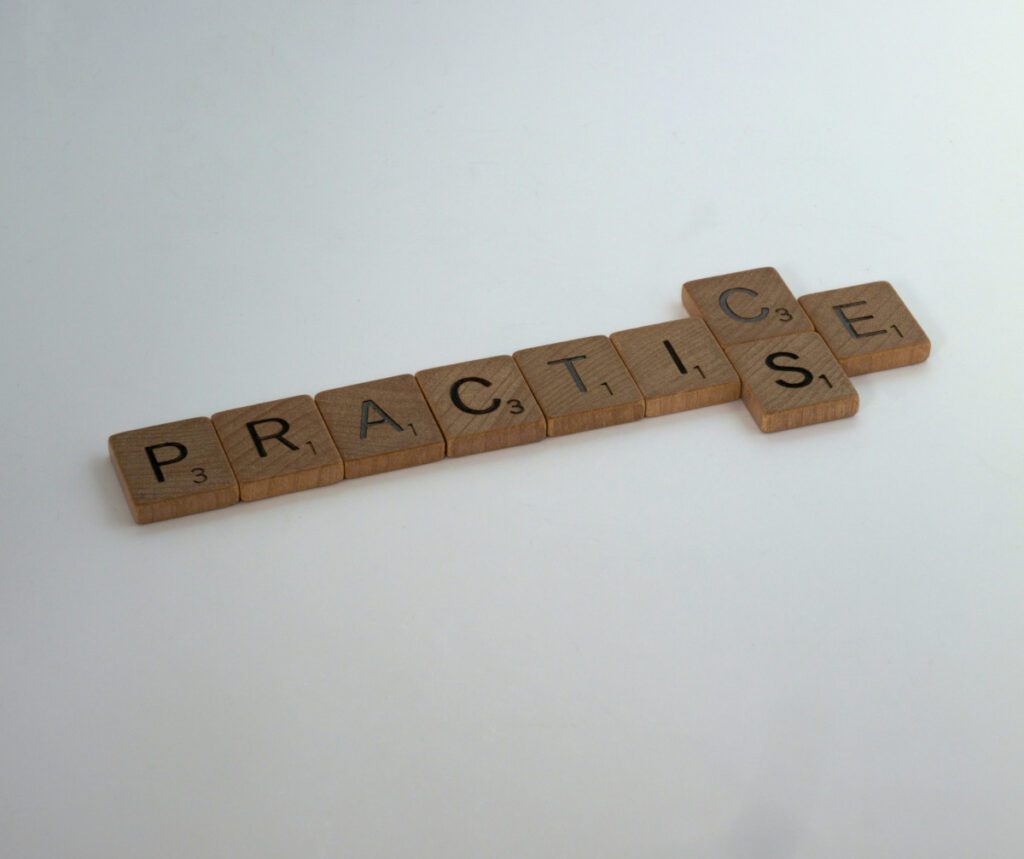
One way to ensure that you make use of these opportunities is by becoming aware of what is available to you in your day-to-day life. This could be as simple as talking to people more often or asking questions when you are unclear about something.
You can also challenge yourself by trying new things, such as finding a hobby that interests you or taking on a difficult task at work.
By building up our practice in small ways each day, it will become easier and more natural over time and result in increased confidence in our skills and abilities.
Feedback

Receiving feedback is an essential part of the development of confidence skills. Our own observations and assessments can help us identify what has and what has not worked and why so that we can fine-tune and approach and adjust the target for improvement.
It’s also important to seek out supportive people who can provide you with honest constructive feedback that you may not be able to give yourself. This kind of feedback helps you to become more aware of how others see you and any areas where you can make improvements. Receiving helpful feedback from these people will help refine your confidence skills and your performance over time.
Steadily build your confidence with practice and reflection

Building confidence requires effort and intention. It doesn’t come from a one-off success; it comes from consistently demonstrating to yourself that you can tackle challenges regardless of their difficulty.
Start with the basics:
- Surround yourself with positive reinforcement, such as people who support and motivate you in achieving your goals.
- Every day, take small steps, have fun and remind yourself that it is ok to feel unsure. Be sure to practice self-compassion and be kind to yourself even if you make a mistake—everyone does and it’s a core part of the process!
- Take time each day for reflection to either celebrate successes or evaluate mistakes, but do not dwell too much on the latter, because learning from the experience is the key to making adjustments to your approach.

Making this type of mindful habit part of your life will help you establish great foundations for building long-lasting self-confidence.
Imperfect mastery and failure is part of the process
Learning any skill has its obstacles; failure and imperfect mastery of the skill is quite common. But these parts of learning should not discourage you from pursuing what you want to accomplish.
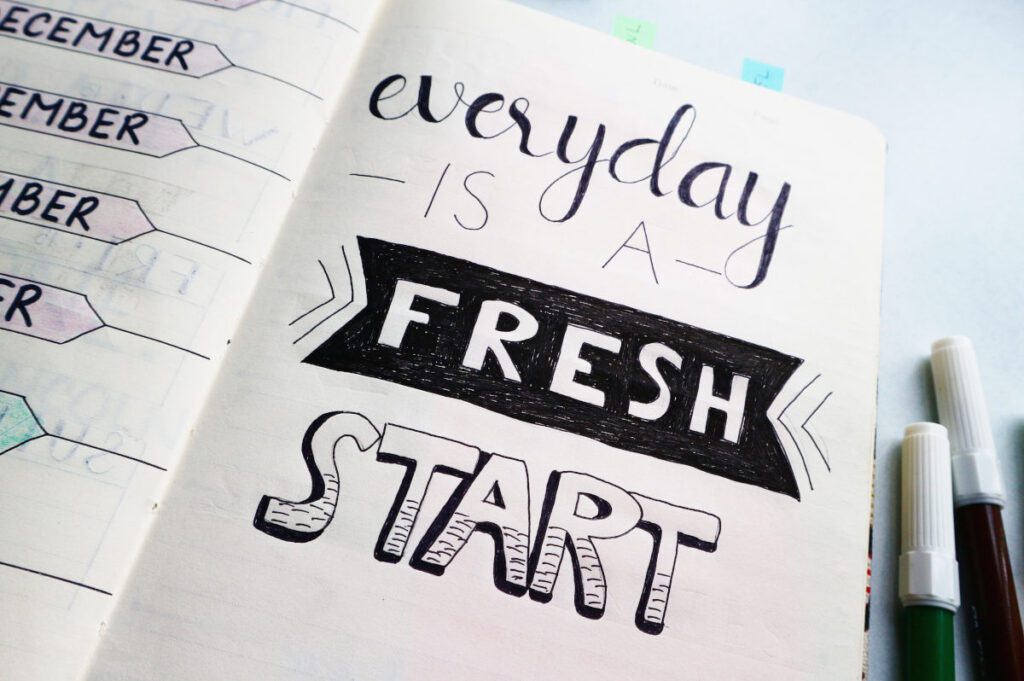
Giving up may seem like the easier option, but even if you don’t get it exactly right the first time or have bumps in the road, having the persistence and dedication to stay with it will be invaluable in developing your skills.
Doing this is more important than always being successful; approaching a problem with a determined mindset can make all the difference.
Be brave and patient, because, soon enough, you’ll develop that skill and that can bring on opportunities that could not be discovered if failure was feared and avoided.
Overcoming obstacles to confidence
Building confidence is not easy, it requires courage and dedication. But once you start to uncover the source of your lack of confidence, you can take steps towards improving it.
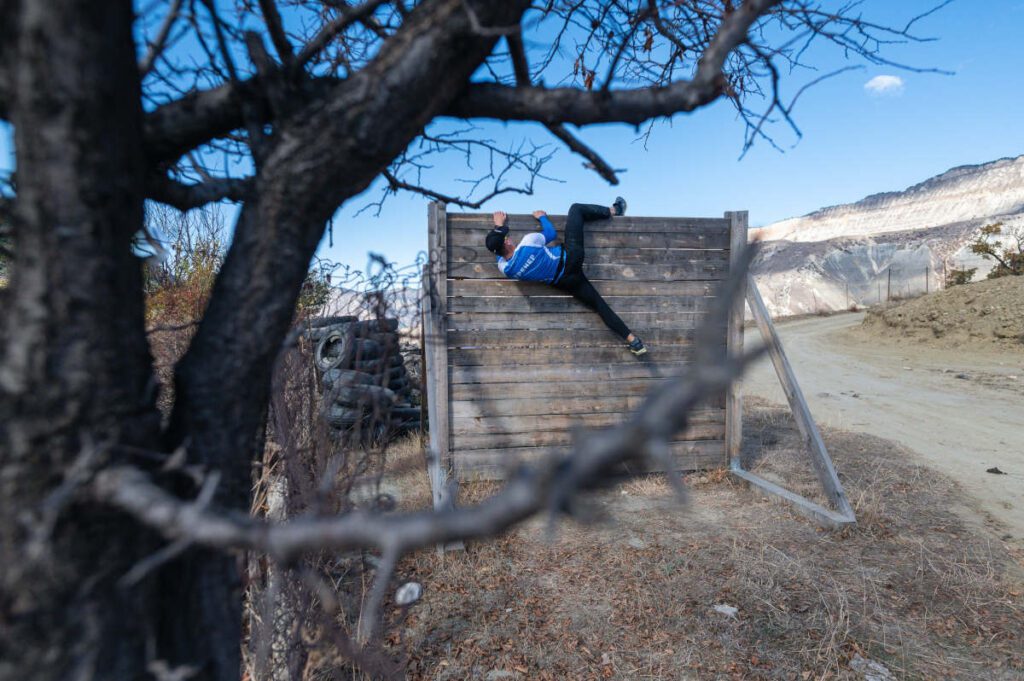
Acknowledge the difficulties that are preventing you from feeling confident. Whether these are past experiences or negative thoughts and feelings, it is important to recognize them to effectively tackle them.
Seek support from a friend, coworker, or professional so that you can create an action plan.
Visualize yourself succeeding in doing something you dream of and have faith in your capabilities. Believe in yourself and do not let fear steal your dreams.
Staying motivated
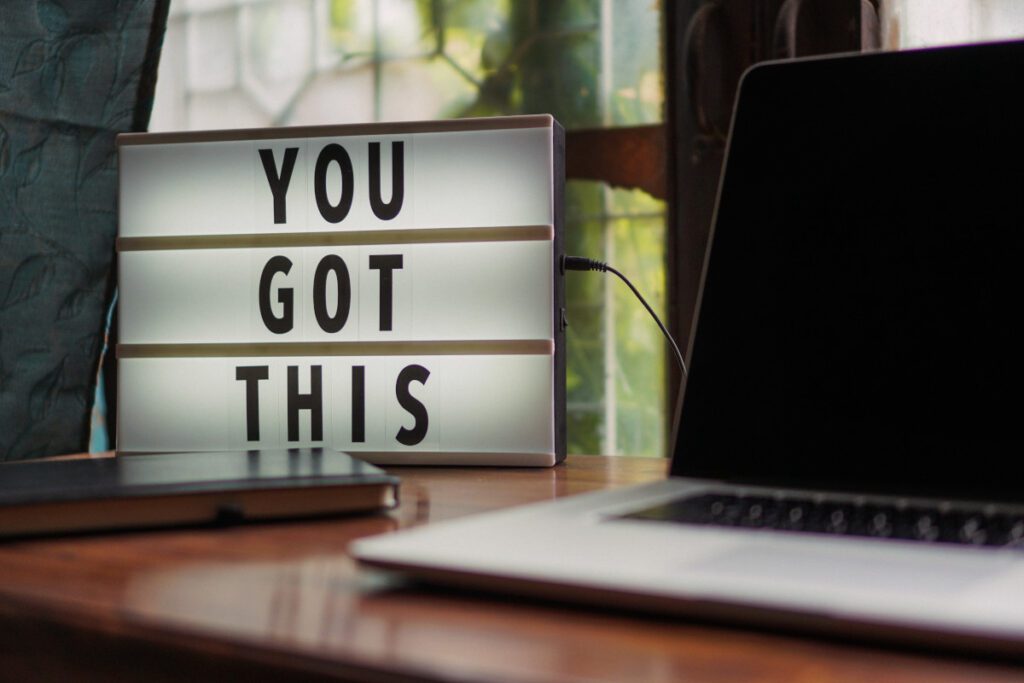
Maintaining confidence is something that we all need to practice every day. Confidence can be a tricky thing to build, but here are some tips on how you can steady your self-esteem and strengthen your personal growth.
- Start by identifying the areas in which you want to grow and setting achievable goals for yourself.
- Set up rewards for milestones that you achieve, not only to measure progress but also to keep yourself motivated.
- Keep in touch with positive people who will encourage and support you through moments of success and failure is also important; these people can also provide useful feedback to help you stay focused on your goals.
- Try to analyze any negative experiences as objectively as you can and transform them into learning opportunities. Doing this will allow you to recognize your strengths even more and appreciate each step of the journey towards being happier with who you are!
Remember: baby steps, focus on your successes however small they may be, don’t strive for perfectionism, persist through obstacles, and celebrate your growth! These are the hallmarks of confident people. Are you ready to join their ranks? I hope so!
Quick fixes seldom work in the long run anyway- it’s time to commit to doing the hard work of growing into a more confident version of yourself. I know you can do it!